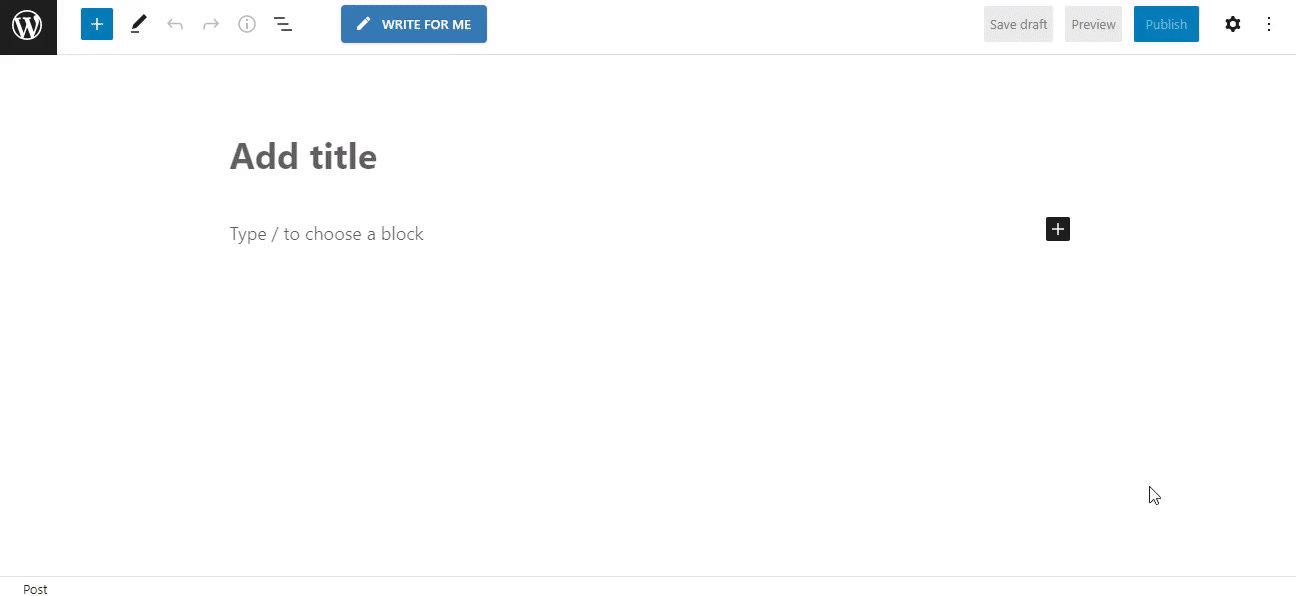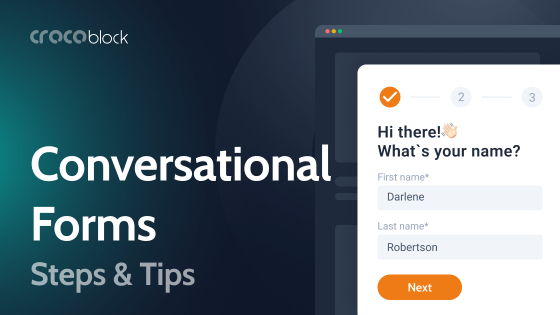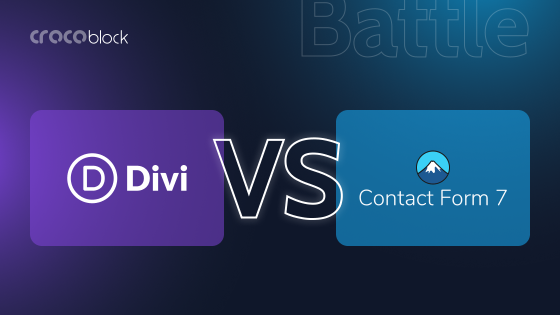As we all know, AI writing tools have come a long way as a blessing, especially after spell check and other rephrasing tools.
And today, AI writing tools are used by bloggers and marketers to generate short and long-form copies just to speed up content creation. The bottom line is that: AI writing tools can help you produce blogs and write-ups faster, as 65,8% of digital marketers believe AI content could be equal to or better than human-generated content.
Now, let’s take a step back and consider the actual purpose of such Artificial Intelligence (AI) tools. Creating high-quality content for your website or blog does take a lot of time, right? I mean, we all have been there.
And in the worst scenario, contents and their pieces of information aren’t correctly indexed by search engines like Google. As a result, all the efforts turn into a complete waste of time.
And, that’s not what we want, right?!
That’s where AI content generators come in. Let’s have a look at the popularity that has been booming in recent times. Here are the statistics of AI usage so far:
- AI is now used by 37% of enterprises and organizations.
- There are already over 3 billion voice assistants in use.
- By 2025, the AI industry will be worth $118 billion annually or more.
In this article, I noted a couple of significant pros and cons of AI writing tools. I’ve also added a few points on how to use AI writing effectively, covering what these tools are ideal for and where they fall short. And is it truly a blessing or a curse for the industry?
But before jumping into that, let’s have a quick introduction to the AI writing tool:
What Is an AI Writing Tool?
The simulation of human intelligence processes by machines, particularly computer systems, is known as Artificial Intelligence (AI). Expert systems, natural language processing, speech recognition, and machine vision are examples of AI applications.
According to Wikipedia, AI (Artificial Intelligence) is the science of teaching machines to perform human jobs. Machine learning is a branch of artificial intelligence (AI) that teaches a machine how to learn and react based on instructions.
AI writing tool content generators rework current material (or assist in creating new content) to create unique content. Writers can work on the text found and suggested by AI keyword tools to give a human touch to the content.
For example, GetGenie is an AI content writing tool in which you will find a whole package of content writing essentials under one shade. It aces in blog articles, social content copies, landing page copies, and so on, along with some tried-and-true frameworks like on-page SEO, AIDA, BAB, etc., which will guarantee the caliber of your text.

How Is AI and Content Writing Related?
Using AI writing tools to create digital content is not exactly new. For years, businesses have relied on technology to provide financial reports, product or service descriptions, and data insights. AI is now being integrated into content creation in various ways.
AI can generate social site content, too, just by analyzing a topic and developing associated information and keywords. AI can also assist marketers in creating articles and online content. Editors can also assess and publish AI-generated sentences and paragraphs.
Content that performs well online can now be created quickly and easily using AI writing tools. To understand the magic of AI content, GetGenie gives you 1500 free words and access to its 30+ templates in which you can create any content, in no time.
But is it, however, a smart idea to use AI for content creation?
Let’s look into the advantages and disadvantages of AI content writing tools:
Pros of AI content writing tools
In many aspects, all AI writing tools have made the life of a content writer easier. Here are the top four benefits:
- More frequent content creation.
The first and most important benefit of AI Writing tools is their speed. They can create content in a couple of seconds using algorithms. Previously, writers had to spend an abundance of time coming up with blogs to gain an audience, which might lead to frustration.
Marketers can publish more content than ever thanks to the availability of faster, higher-quality content generated by AI tools. More content also leads to more chances to interact with new audiences.
- Greater SEO effectiveness.
It takes less time to develop content when AI generates it for you. AI can give ideas to aid overcome writer’s block, allowing you to get more done in less time.
And because of that, you can quickly improve your content numbers, along with SERPs, in less time. Speaking of SERP and SEO content, GetGenie AI can provide you with the most satisfactory solution in one place.
- Improved SEO ranking.
You can use the most appropriate keyword for your audience with AI tools. Al can help you write in the most persuasive tone, whether your material is about business, sales, technical writing, or advertising.
You can boost your social media presence by using AI tools to create frequent content for a specific niche. AI writing tools compile a list of relevant terms from all web searches. You can use that information to rank your content at the top of Google or any other search engine.
- Better content quality control.
AI writing tools will automatically detect and repair errors. This reduces a tremendous amount of time that one earlier used to put on editing or fixing the content before it is published. AI can also predict what you’ll write and, in some cases, much better than you could have thought.
Cons of AI content writing tools
AI writing tools, like any other technology, have drawbacks. Here are a few critical weaknesses of AI writing tools:
- Lack of innovation and creativity.
With AI-generated material, it’s practically difficult to get a human touch. It might not have the same innovation or intuitiveness as humans when crafting something unique and entertaining.
- Over-dependency on algorithms.
To develop SEO-friendly, well-written content, AI relies on algorithms. However, as any writer knows, these aren’t the only variables contributing to a superb writing piece.
And AI tools truly focus on a specific algorithm for each content type. So, if you genuinely depend on the writing tool, you will surely see little variety in your content.
- Lack of humanized content.
The influence of a piece of writing on individuals is a crucial factor to consider. A skilled writer appeals to the audience’s emotions and employs contemporary allusions and terminologies that people can relate to based on their circumstances.
AI makes writing appear robotic, with no deviations from a set pattern. Without a real spark, your writings can become monotonous.
- Errorless writing.
Today, writing, considered a creative craft, will become a mechanical activity as AI becomes more widely used. There would be established patterns with no room for grammatical faults or experimentation.
While some may argue that error-free writing should be our objective, I must recognize that originality necessitates some flexibility. The typical writing or thinking will alter as you try a new technique. Such freedoms are not possible with AI.
Benefits of Humanizing AI Contents
I’ve seen AI automation in several operations, especially in the past few years. But it still can’t act independently. Why?
Because even if AI can write thousands of words, the message must be humanized to leave a lasting impression on its audience.
Let’s take a look at some of the benefits of humanizing AI writing tools content:
1. Creating humanized content increases personalization.
Editing content by humans is essential because people aren’t interested in marketing communications that are monotonous and robotic.
An interesting survey conducted by Adobe showed that 67% of people favor the importance of changing information based on context. As a result, when done incorrectly, 42% become irritated because the content is irrelevant or personalized.
2. AI writing tools aren’t perfect… still.
The basic grammatical structure can be followed by AI, although the results aren’t always ideal. It is capable of creating decent outputs that are well-written and clear. On the other hand, AI technology may also ramble, create meaningless paragraphs, and go well past the word count.
Furthermore, despite AI’s outstanding writing talents, its complex articles are similar to those found on Wikipedia. Spam content, out-of-context statements, or irrelevant remarks could make their way into the copy.
3. Humanize and get the most out of the data.
Artificial intelligence can quickly evaluate data and determine what works and doesn’t. However, it cannot still fully understand and connect with its audience.
It cannot write attractive scripts for your advertising or video campaigns on its own. Its outputs will still need to be edited to meet your brand’s voice, framing, and narrative.
Tips: How to Find the Best AI Content Writing Tool
- Grammar checkers:
Sometimes even the most acceptable ad copy can fail because of its careless errors. Built-in grammar checking functionality in an AI tool can help you work more accurately, especially for a marketer on a tight deadline.
- Plagiarism checker:
Stealing content, product descriptions, or adverts from another source is probably the last thing you want to do. To avoid these copyright issues, built-in plagiarism detecting technologies in AI are a must.
- Cooperative characteristics:
Operating an AI writing tool that facilitates cooperation and enables many other teammates to work together would be a plus.
- SEO capabilities:
Proper SEO and keyword capabilities can help your content rank the highest in the Google search.
Can AI Replace Content Writers?
Clearly, no.
While AI writing software can help with research, outline, and content creation, it isn’t foolproof enough to replace human authors.
Bottom line: Bloggers claim that AI writing can help increase your writing process and will save a lot of your time. But you must remain in control and review the content thoroughly.
Final Thoughts
If employed correctly, AI can be a content writer’s greatest ally. The AI article generator on the internet can assist you in writing faster, more targeted articles with a broader audience.
This will save you several hours of monotonous writing that does not require imagination. It assists you in avoiding burnout.
No matter how advanced AI becomes, it will never be able to equal human ingenuity. However, human supervision is required to adjust the information for a human appeal. Otherwise, your writing may become monotonous and boring.



